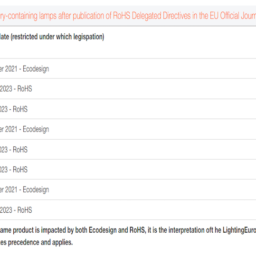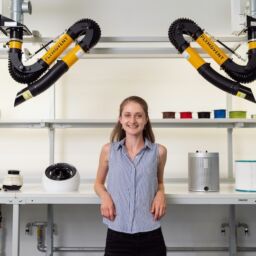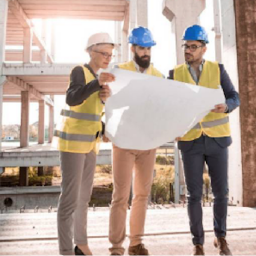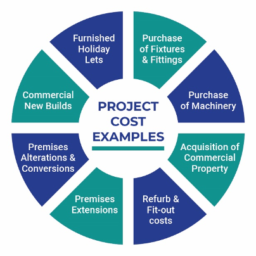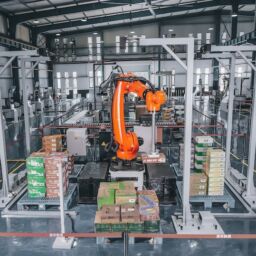
Ruth Mallors-Ray, OBE
The global advanced machinery sector is valued at £125bn and significant producers are Germany, Japan, China, Korea, Switzerland and Italy. The UK holds just 0.5% of the global market. The machinery manufacturing industrial community has been considering how to grow the UK’s market share to contribute in a more significant way to the UK’s manufacturing sector and the wider economy.
So what’s the problem?
There are four overarching problems for the UK’s machinery development community.
The first, is that despite there being some outstanding machinery developers in the UK, they are outstanding on a case-by-case basis. They are innovators, early adopters and insightful investors and are producing differentiated solutions to market challenges. As a collective they are not visible and their requirements as a sub-sector of manufacturing is not well understood.
The second relates to knowledge of the UK’s innovation ecosystem – grants, academic collaborations, consultations, national strategies, etc – is low in this community. Primarily made up of SMEs these organisations, rightly so, are heads down delivering to their immediate market demands. Little do they know that there is a world of support out there for them.
The third problem relates to an absence of a machinery manufacturers’ market led technology roadmap. The large vertical sectors such as nuclear, aerospace, automotive, pharmaceuticals, etc have well developed technology roadmaps in place aligned to both market opportunities and government policies. This is missing in the machinery manufacturing community.
The fourth problem is probably the most challenging barrier to overcome as it relates to the status quo of UK manufacturing today. Broadly speaking, UK manufacturers select current machinery capability from overseas. It’s the norm so to speak and needs to be addressed.
Each of these problems can be overcome and yes, AMPI is front and centre to achieving this. The creation of a strategy, the connectivity of the community and the direction of customer to a solution that has been born and bred in the UK
Investment is fundamental
To maintain a leading manufacturing base in the UK, it’s important to invest in operational efficiency and to be ready to respond to requirements that will see the need to make new materials, new electronics, ever more integrated systems. Such an investment, directed against market requirements, would unlock the industrial potential of emerging sectors and new materials, create high-quality jobs and make the UK more attractive for foreign direct investment. We need the UK to be the country the rest of the world wants to buy rather than sell to and this needs investment. Biomaterials that will glue us together, replace our bones and create replacement arteries need machines to make them. Advances in surgery to create efficient and effective processes will move towards robots and these machines need to be developed. To make electrolysers, machines are needed. To make Tempest, the next generation fighter jet of the MoD, and to have it at 30% additively made, machines are needed.BMTA 9
Research and development
In the main, UK focus is on the deployment and/or adaptation of existing technologies over the innovation of new. There is currently no UK research or innovation institute focused squarely at the needs of the UK’s advanced machinery sector. Those leading nations of Germany, Japan, China, Korea, Switzerland and Italy all have dedicated facilities to further advance their machinery capabilities and the UK currently imports it day to day, week to week, month to month. Mechanisms of existing research programmes can be prohibitive to SMEs in terms of costs, in terms of timescales and the general intermittent, stop-start approach to machinery development. A steady state of research, technology and innovation can be enabled with relatively low government investments over a sustained period.
Step forward, AMPI
AMPI (Advanced Machinery and Productivity Institute), headquartered in Rochdale, is an industry-led initiative helping UK based manufacturing machinery developers to collaborate, bringing innovative, cutting-edge and sustainable products to market.
As a single, national focus, AMPI will be a national centre of excellence in machinery innovation, growing the advanced manufacturing machinery market to £2bn over 10 years by supporting machinery developers in their research and development and by upskilling their staff. AMPI will act as the custodian of a national manufacturing machinery technology strategy focused on market requirements as described by the UK manufacturing sector to forge a pipeline of innovation programmes to deliver the strategy by securing government and industrial investments into UK-based developments.
We need to drive and deliver the connectivity between the stakeholders of machinery developers and, more importantly, connect customers and machinery developments through events, networking programmes and targeted interventions to accelerate machinery development in the UK and act as the enabler of machinery development in the UK.
The overarching goal of AMPI is to enable the machinery sector to grow, for it to be recognised as contribution £2bn to the UK’s economy. It is ambitious but with leadership, investments and collaboration it can be achieved.
We need SMEs and manufacturing leaders to join forces
To leverage the energy and the creative spirit of the industry, AMPI now needs a suite of stakeholders to come together. We need Government and industry to jointly commit to the vision and to demonstrate this commitment through investment programmes. We need the machinery sector to step forward and ask to engage, to demand to know more. One of the biggest problems we’ve had so far is that the machining community hasn’t had its own voice. There are hundreds of small companies in the UK feeding the other sectors. AMPI will give them focus and help facilitate growth but they too need to now step forwards so that their collective voice can be amplified.
Biomaterials that will glue us together, replace our bones and create replacement arteries need machines to make them.
Advances in surgery to create efficient and effective processes will move towards robots and these machines need to be developed. To make electrolysers, machines are needed. To make Tempest, the next generation fighter jet of the MoD, and to have it at 30% additively made, machines are needed.
We can keep on importing them or we can take industrial requirements, thread these into the machinery network and knit it with academic knowledge via an institute and make them ourselves. But to take AMPI from initiative to Institute we need some resources.


